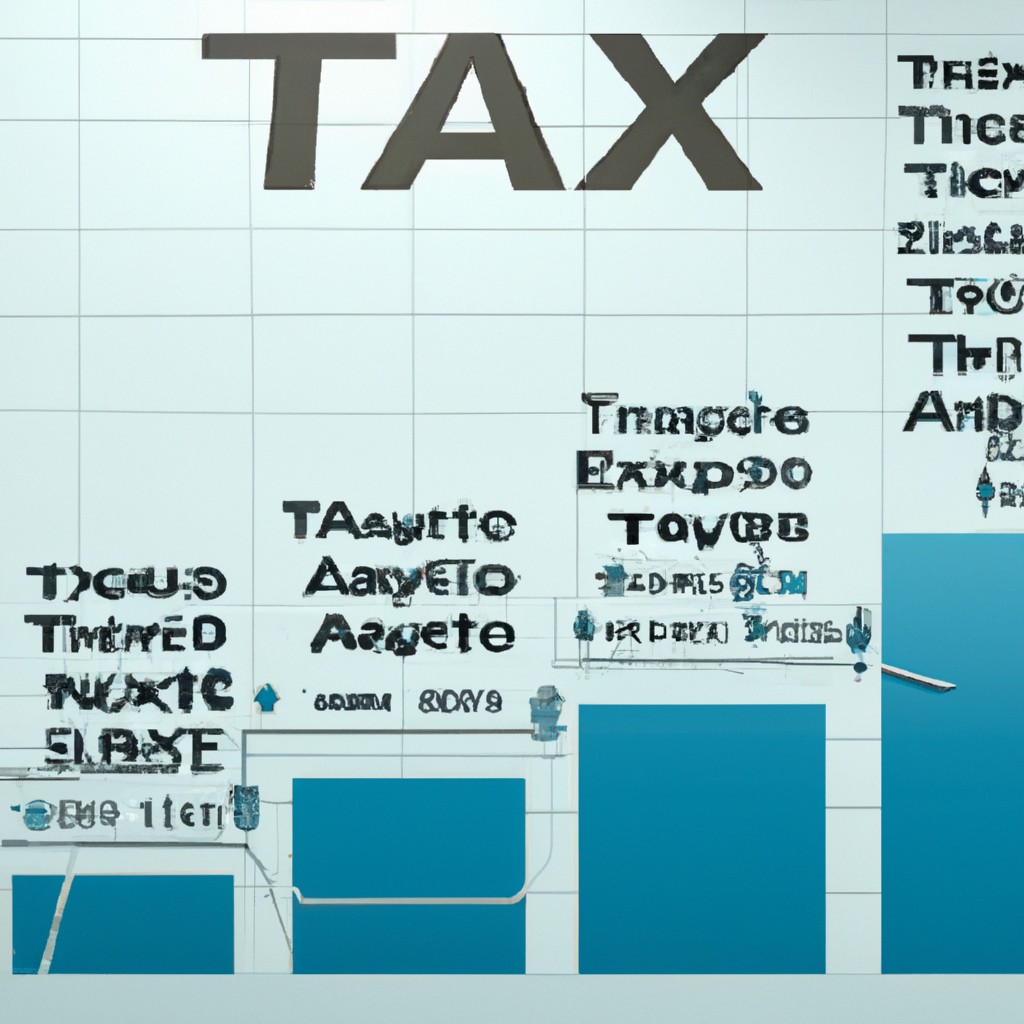Political polarization in the United Kingdom

Political polarization in the United Kingdom is at an all-time high, with deep divisions and rivalries permeating every aspect of the political landscape. The once cohesive and collaborative nature of British politics has given way to bitter acrimony and ideological battles. The divide between the left and right has become cavernous, leaving little room for compromise or common ground. This toxic environment has led to a breakdown in civil discourse, with each side demonizing the other and refusing to listen to alternative viewpoints. The consequences of this polarization are far-reaching, stifling progress and exacerbating societal divisions. Urgent efforts are needed to bridge this gap and restore a sense of unity and collaboration for the betterment of the nation.
Read more
Political polarization in the United States

Political polarization in the United States has reached alarming levels. The country is deeply divided along partisan lines, creating a hostile and toxic political climate. This polarization is fueled by a variety of factors, including the rise of social media, the increasing influence of extremist groups, and the erosion of trust in traditional institutions. As a result, constructive dialogue and compromise have become scarce commodities in American politics. This polarization not only hampers the ability of lawmakers to find common ground and enact meaningful legislation, but it also undermines the very foundations of democracy. To address this issue, it is essential for citizens to actively engage in civil discourse and seek to bridge the ideological divide that threatens the fabric of the nation.
Read more
Progressive taxation in the United States

Progressive taxation in the United States is a system where individuals with higher incomes pay a higher percentage of their income in taxes. This approach aims to create a fairer distribution of the tax burden and reduce income inequality. The progressive tax structure is based on the principle that those who earn more should contribute more towards public services and societal needs. It allows for a gradual increase in tax rates as income levels rise, ensuring that the wealthy bear a larger share of the tax responsibility. This system helps fund essential government programs and social welfare initiatives, promoting economic stability and providing support for those in need.
Read more












